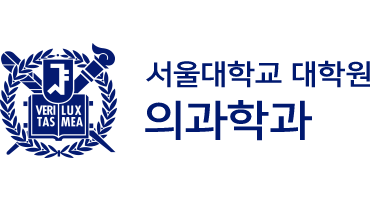의과학과 초청 세미나 - Tong Hyon Lee, M.D., Ph.D.(Duke University Medical Center)
- 연사 : Tong Hyon Lee, M.D., Ph.D.(Duke University Medical Center)
- 연제 : Academia-Driven Therapeutic Development : Psychostimulant Addiction Treatment
- 일시 : 2013년 4월 29일(월) PM 2:00
- 장소 : 의과학관 115호
- 문의 : 의과학과사무실(02-740-8095)

Academia-Driven Therapeutic Development: Psychostimulant Addiction Treatment
Tong Hyon Lee, MD, PhD
Departments of Psychiatry and Behavioral Sciences
Duke University Medical Center
Durham, NC, 27710 U.S.A.
Psychostimulant abuse continues to present legal, socioeconomic and medical challenges as a primary psychiatric disorder, and represents a significant comorbid factor in major psychiatric and medical illnesses. To date, monotherapeutic drug treatments have not proven effective in promoting long-term abstinence in psychostimulant abusers. In contrast to clinical trials utilizing monotherapies, preclinical studies have consistently suggested that combining a dopamine (DA) agonist with the 5-HT3 antagonist ondansetron may be effective. Effective clinical translation of this combination therapy, however, has been hampered by the strict double-dosing regimen that is needed to achieve the requisite and specific temporal separation of the peak blood drug oncentrations. Psychostimulant abusers are likely to be unable or unwilling to be compliant with the requirement. In efforts to overcome this obstacle, we have developed two delayed, pulsatile-release oral formulations of ondansetron (Ond-PR1 and Ond-PR2), and verified in normal healthy volunteers that both formulations: (1) were safe and well-tolerated; and (2) provided for appropriate temporal separations of drug peaks without significant drug-drug interactions, when administered simultaneously with the indirect DA agonist methylphenidate(MPh). A proof-of-concept Phase IIa study determining the safety/efficacy of MPh + Ond-PR2 treatment in abstinent cocaine and/or methamphetamine abusers are ongoing. The presentation will describe selected preclinical and clinical results and logistic/operational/regulatory strategies that underlie the ongoing translational project.
Supported by “Grand Opportunity” (GO) grant from National Institute on Drug Abuse (RC2-DA-028905)



